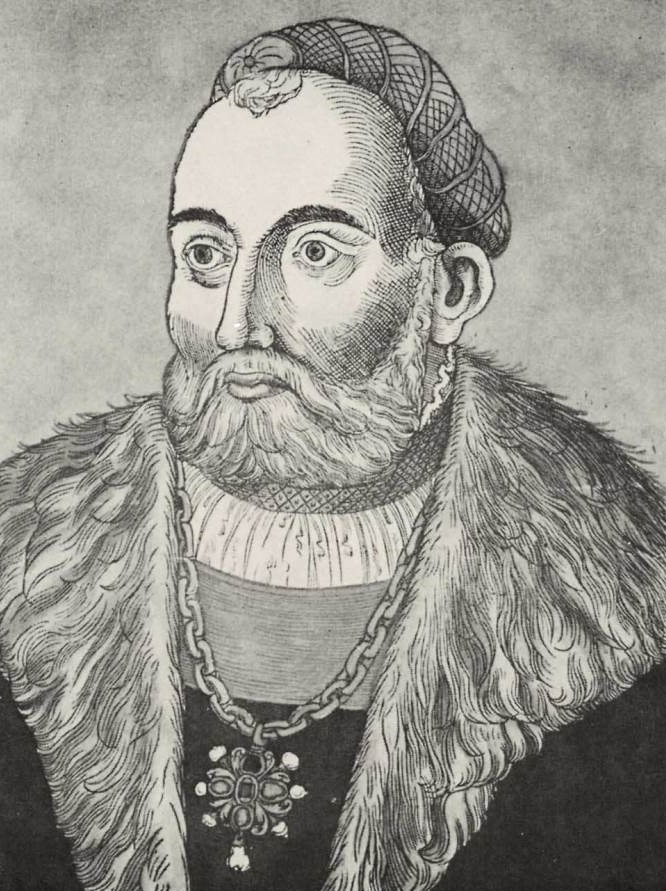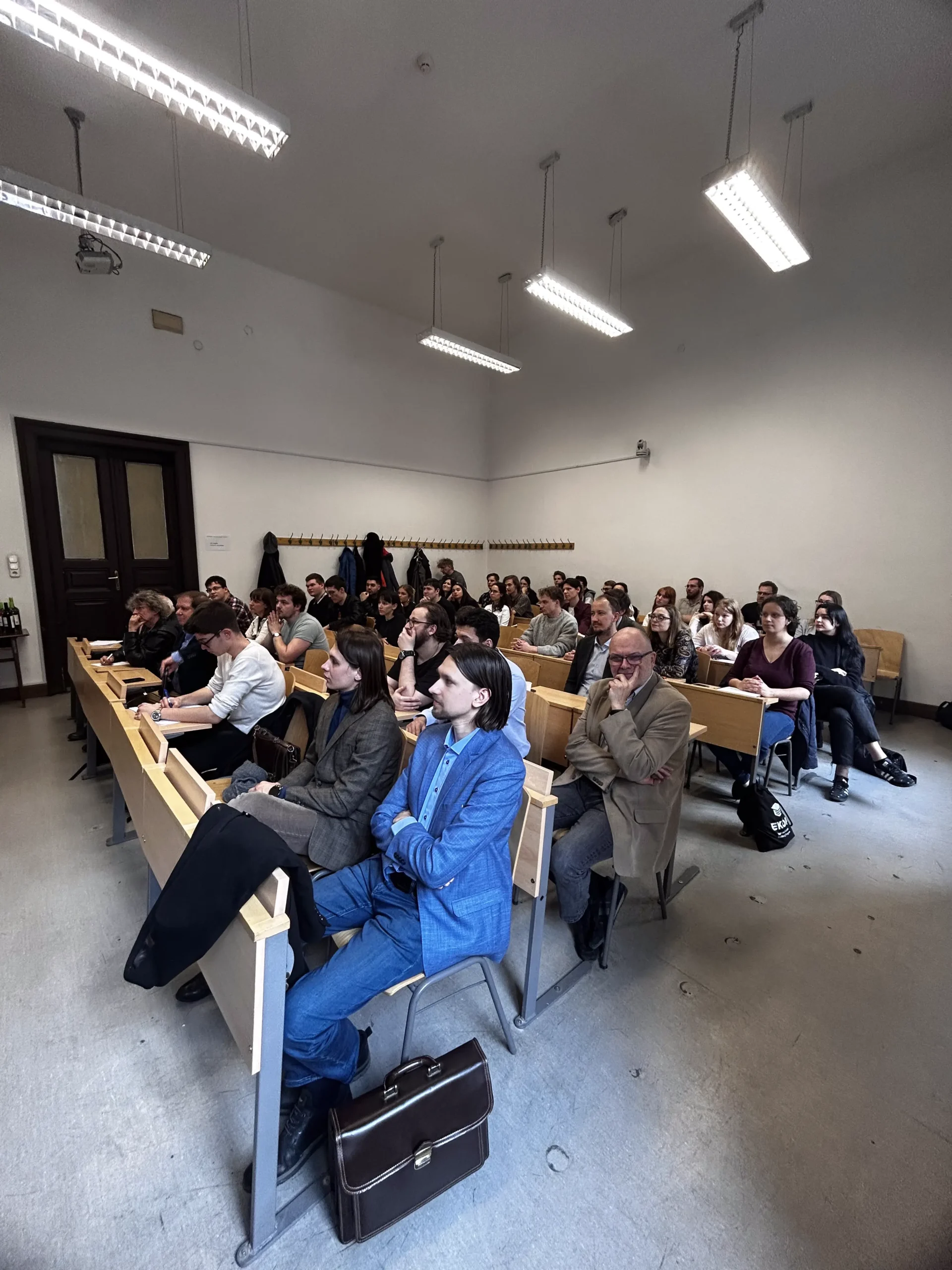Legend of Szapolyai’s delay – Gyulafehérvár (Alba Iulia)
Fact of the Hungarian figure „The vast cemetery of our national greatness” – The Battle of Mohács”
Part of the „The myth of national disaster” topic
János Szapolyai, the Voivode of Transylvania and later King of Hungary from 1526, was one of the most influential figures in Hungary during the early 16th century. By the time of the Battle of Mohács, Szapolyai had established himself as a powerful military leader, commanding one of the three major Hungarian armies. His role as voivode involved defending the kingdom against Ottoman incursions, as demonstrated by his campaigns in Bulgaria and his support for Radu V, the Voivode of Wallachia.
The legend surrounding Szapolyai’s delay at the Battle of Mohács, where he and his army of 15,000 men allegedly failed to arrive in time, has long been a source of controversy. Following the disastrous defeat at Mohács and the death of King Louis II, Szapolyai emerged as a leading candidate for the Hungarian throne, competing against Ferdinand of Austria, the Habsburg-supported candidate. This has led to accusations that Szapolyai deliberately avoided the battle to position himself as the successor to Louis II.
However, this belief is largely speculative and lacks concrete evidence. While it is true that Szapolyai had ambitions for the crown, the idea that he deliberately stayed away from the battle to ensure Louis II’s death is dubious. Predicting the exact outcome of the battle, including the king’s demise, would have been nearly impossible. Moreover, Szapolyai’s forces were still mustering in Transylvania, far from the main theater of operations, when the preparations for the battle were underway.
It remains unclear whether Szapolyai’s absence was due to logistical challenges in mobilizing his army or possibly even orders from the king himself. What is certain is that his delay, whether intentional or not, had significant consequences. The weakened Hungarian forces, without the reinforcements from Szapolyai’s army, were unable to withstand the Ottoman onslaught, leading to one of the most tragic defeats in Hungarian history.
The legend of Szapolyai’s delay highlights the fragility of Hungary’s defense and the complex political landscape of Central Europe at the time. The subsequent fall of Hungary to the Ottomans and the resulting power struggle between Szapolyai and the Habsburgs reshaped the region, emphasizing the critical role that internal divisions and the lack of timely coordination played in this pivotal moment in history.





